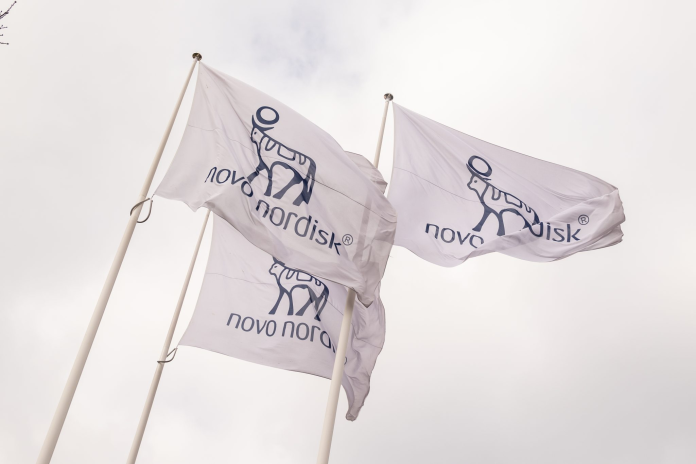Two years after the European Commission’s draft overhaul of pharmaceutical market rules sparked industry outrage, the legislative landscape transformed dramatically in the sector’s favour, according to Politico.
The initial proposal, crafted amidst post-pandemic demands for equitable medicine access, sought to condition extended market exclusivity on launching products EU-wide and addressing unmet medical needs, whilst reducing baseline data protection. Industry leaders condemned it as undermining innovation incentives.
Today, a confluence of geopolitical and institutional shifts realigned priorities, with the European Parliament tilting towards national-oriented forces during the recent elections. The Commission now “laser-focused on competitiveness,” and US President Donald Trump’s threats of pharma tariffs have bolstered industry leverage.
Crucially, Denmark – home to obesity-drug giant Novo Nordisk – now steers the final negotiations as Council president, championing a capitals’ position offering “a clear improvement compared to the original proposal” with more generous fixed data protection.
Denmark’s delicate balancing act
As talks began on 17 June, Copenhagen faces intense pressure to reconcile its dual roles: neutral arbiter representing 27 member states and guardian of national economic interests. Novo Nordisk, Europe’s most valuable pharma firm, drives Denmark’s GDP growth, yet the government insists it will seek “common ground.”
Lars Sandahl Sørensen of Denmark’s powerful industry lobby Dansk Industri acknowledges mobilising a cross-border alliance with German, French, and Austrian counterparts to secure favourable terms.
We are working on many levels together with our EU life sciences alliance, that includes industry colleagues from Germany, France, Italy and Austria […] to get a better compromise.
The Council’s Polish-brokered compromise maintains current total protection periods only if firms meet clinical trial targets or address high-need therapies, a structure Denmark initially opposed.
Greens MEP Tilly Metz notes geopolitical tensions “certainly influenced” this position, adding Trump’s tariff threats will loom over negotiations. Industry leverages this, with Novo’s outgoing CEO Lars Fruergaard Jørgensen urging alignment with the “new reality”.
Europe should certainly not move backward from what is offered today. Instead of sticking to policy ideas born out of a different context, I urge EU policymakers to align with the new reality.
Time race
With Health Commissioner Olivér Várhelyi prioritising conclusion this year, Denmark aims to broker a deal before Cyprus, home of the reform’s architect, ex-Commissioner Stella Kyriakides, assumes the presidency in January 2026. MEP Tomislav Sokol believes compromise is possible but “will not be easy,” noting intense lobbying from insurers, patient groups, and generics makers who view industry’s geopolitical warnings as overstated.
Further complicating talks are rumours that contentious market exclusivity provisions may be deferred until final stages. Meanwhile, Trump’s plans for US drug price caps could undermine industry arguments for stronger European rewards.
As one negotiator observed, the presidency must walk a tightrope: any perceived tilt toward pharma risks alienating member states, whereas strict adherence to the Council mandate may draw domestic industry fury.
The outcome now hinges on whether Denmark can reconcile Europe’s competing imperatives: ensuring timely patient access to novel medicines whilst offering monopolies robust enough to retain investment amidst a global subsidy race.
With Novo Nordisk’s shadow over negotiations, the stakes for Europe’s life sciences future have never been higher, nor more politically charged.
